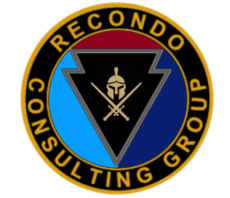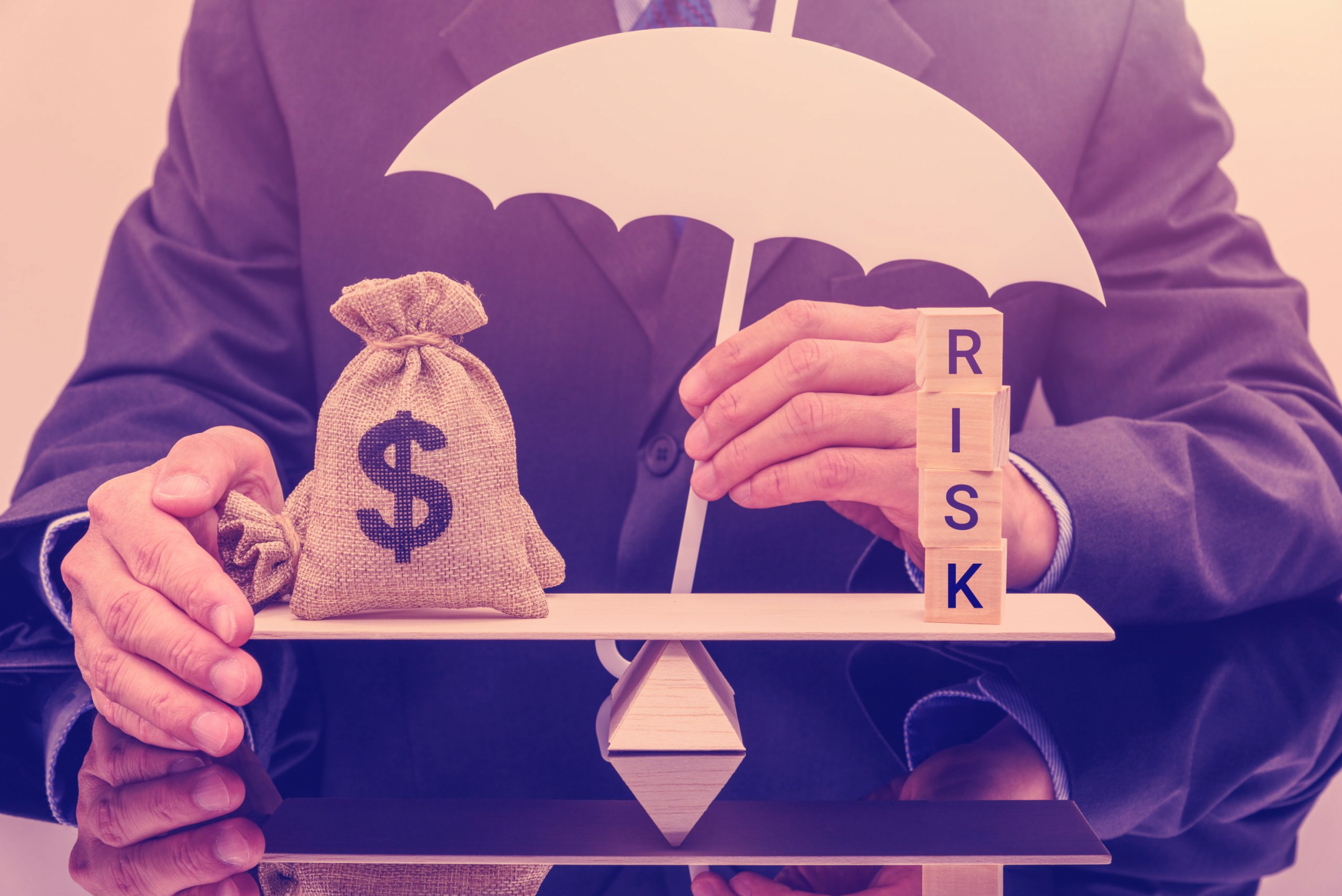Introduction: What is a Protection of Assets?
The term Protection of Assets (POA) refers to the steps taken to protect one’s assets, usually financial. This can include investments, bank accounts, and other items that are considered important. Protection of Assets(POA) is a broad term and can encompass many different types of protection. methods. Protection of Assets (POA) can refer to any type of protection designed to prevent lawsuits or actions by creditors or other parties that could affect an individual’s assets. This includes legal, financial, physical, and informational security in addition to others.
What are the Benefits of Protection of Assets in the Financial Sector?
The financial sector is a highly regulated industry and the regulatory requirements are often very specific. The assets of banks, insurance companies, credit unions, and other financial institutions must be protected in accordance with the law.
The law provides that certain assets are protected from creditors and bankruptcy proceedings. These assets include cash on hand, securities owned by a bank or other financial institution in its own name, and property held for safekeeping by an institution. In addition to these protections, many countries have enacted laws that protect other types of assets from creditors. For example, some states protect retirement accounts from creditors’ claims during bankruptcy proceedings. Second, The law provides that a debtor can use the bankruptcy process to recover from creditors. This process involves filing a type of petition with the court and waiting for the judge to decide if your case will be granted. Generally, the debtors don’t have to pay anything in order to file for bankruptcy protection, save certain fees charged by attorneys.
Who Needs Protection of Assets?
The protection of assets is a concern for everyone. In the financial sector, there are compliance and asset protection concerns. There are also compliance and asset protection concerns in the private sector.
The finance industry is one of the most regulated industries in the world. It’s not just about balancing budgets, but also about following a set of rules and regulations that govern how an organization does its business. Compliance is the process of ensuring that an organization complies with all applicable laws, rules, and regulations that apply to them. When it comes to protecting assets, there are two main types: physical and digital security measures to protect physical assets such as cash or buildings; and cybersecurity measures to protect digital assets such as data or intellectual property.CIOs should know the difference between physical and digital security measures. To do so, they should understand what assets are physically and which ones are digitally held by their organization. Additionally, CIOs should be able to identify which cybersecurity measures (if any) apply to each type of asset. Physical Security Measures are any physical security devices, including guards, fences, and locks on doors, which prevent unauthorized access to an asset. Cybersecurity Measures target cyber threats, such as malicious software (malware) and viruses, and prevent them from exploiting vulnerabilities in systems, networks, and telecommunications. Confidentiality is the property of maintaining information private or secret, most often for as long as possible. It is also seen to be a part of privacy and can mean that information can only be accessed by authorized entities.
Why Is Protection of Assets Important For In-Person & Online Businesses To Consider?
Companies and business owners are always looking for ways to protect their assets. This is important for both in-person and online businesses to consider. In the physical world, it is important to protect your company’s office space, inventory, and equipment from theft or damage. In the online world, it is important that you have a secure website that can prevent hackers from accessing your information. and creating accounts without your permission. The best way to protect your company’s data is to make it inaccessible on the internet. There are many different software solutions available that will encrypt your website and make it impossible for hackers from accessing it. Despite the convenience of online shopping, there are a number of security concerns that need to be addressed. Critical data is at stake when a customer’s credit card information is compromised, and this can have severe consequences for a business. There are many measures that can be taken to minimize the chances of these events by organizing your business data into secured folders and avoiding putting it on devices that may be vulnerable to external threats. If you take the time to set up policies and practices that discourage the use of public cloud storage for critical data, you will be able to stay protected from the risk of data loss and sabotage.

